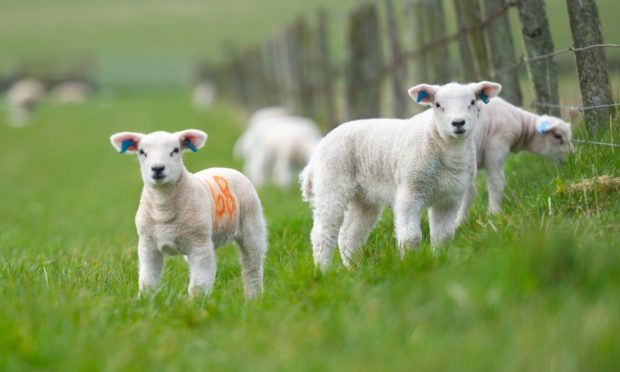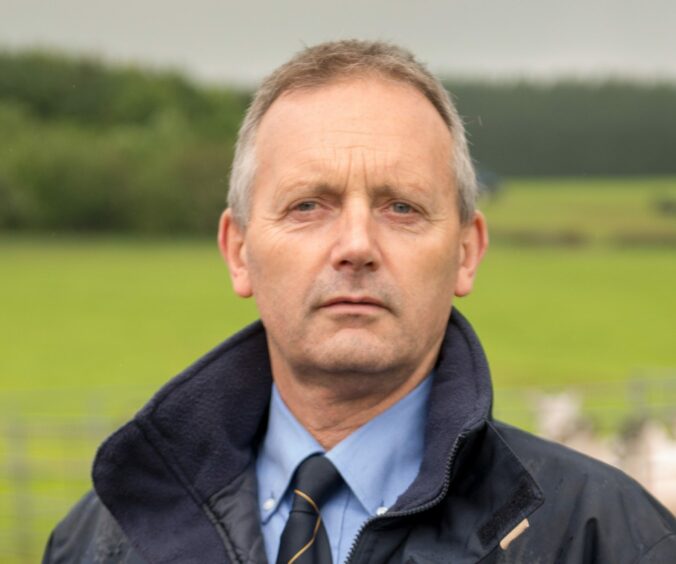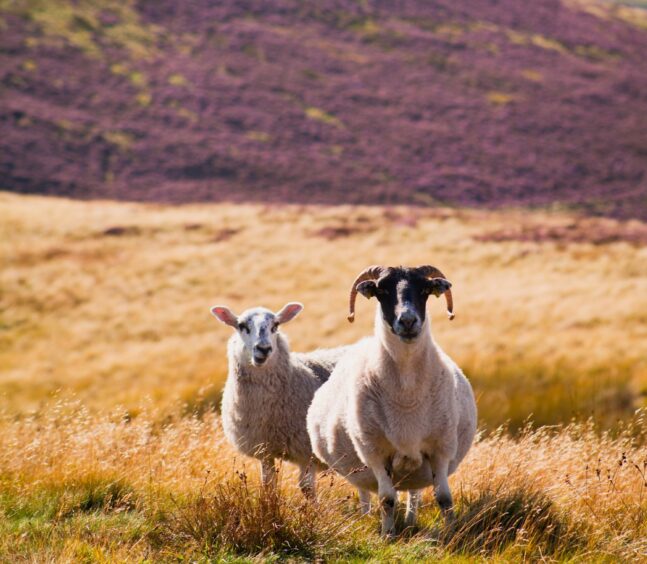Sheep industry leaders are calling on policy makers to adopt a holistic approach to climate change by taking landscapes, pastoral heritage and sustainable local food production into account.
In a campaign ahead of COP26 in Glasgow in November, the National Sheep Association (NSA) insists climate change or nature recovery should be considered in tandem with the protection of natural resources and rural economies.
The association argues a “landscape lacking lambs, a countryside without cows and the loss of Britain’s pastoral heritage” would be a consequence of the wrong approach.
NSA chief executive, Phil Stocker said: “There is a reason why Britain has a reputation for being a green and pastoral nation. Our climate and weather conditions are perfectly suited to growing grass, and even with climate change grass and related grassland plants will continue to be one of the most resilient and stable crops/habitats available to us.
“Close to two thirds of the land used for farming in the UK is only suitable for growing grass and is ideally suited to raising grass -fed livestock.
“Grass-fed livestock farming in Britain, should be seen as a key contributor to the efforts to reach not just net zero but to meet many more of society’s interests.”
Mr Stocker added that productivity improvements through genetics, nutrition and animal health programmes have been key to reducing greenhouse gas emissions.
The NSA has also pointed out how much locally produced food was valued during the pandemic, and argued that stocking supermarket shelves with imported meat produced to standards neither permitted nor desired in the UK would not be welcomed by anyone.
It added: “By affording access opportunities the country’s sheep farmers have enabled visitors to the countryside to engage with nature without having to travel long distances, which has been recognised as helping with peoples’ physical and mental well being.”


